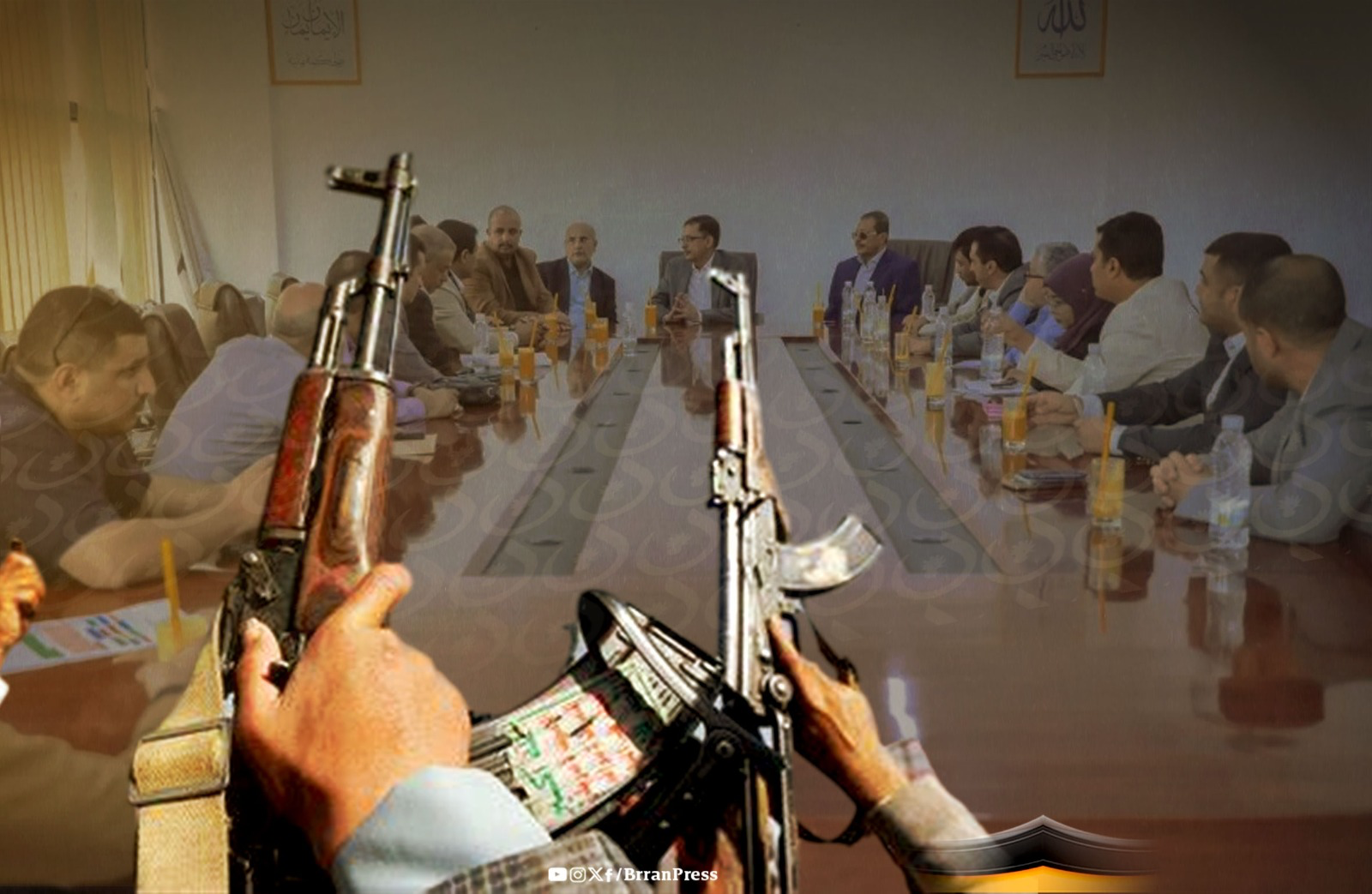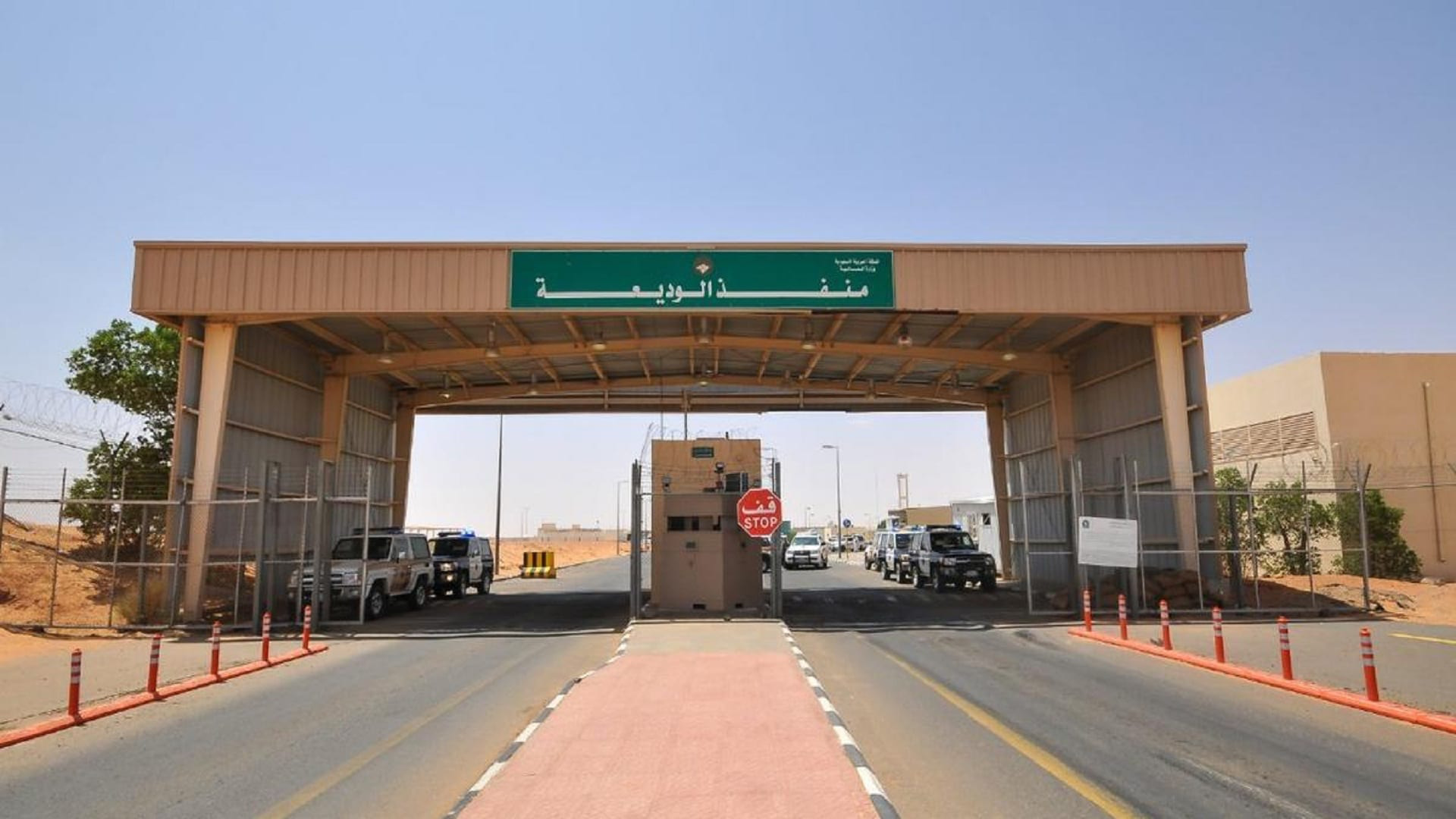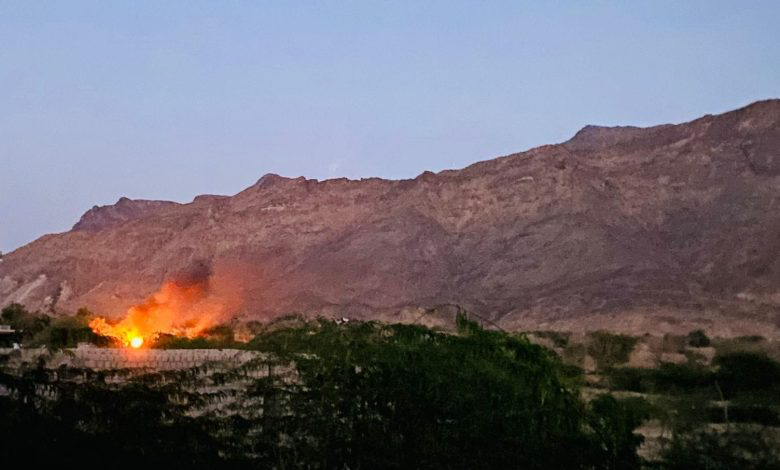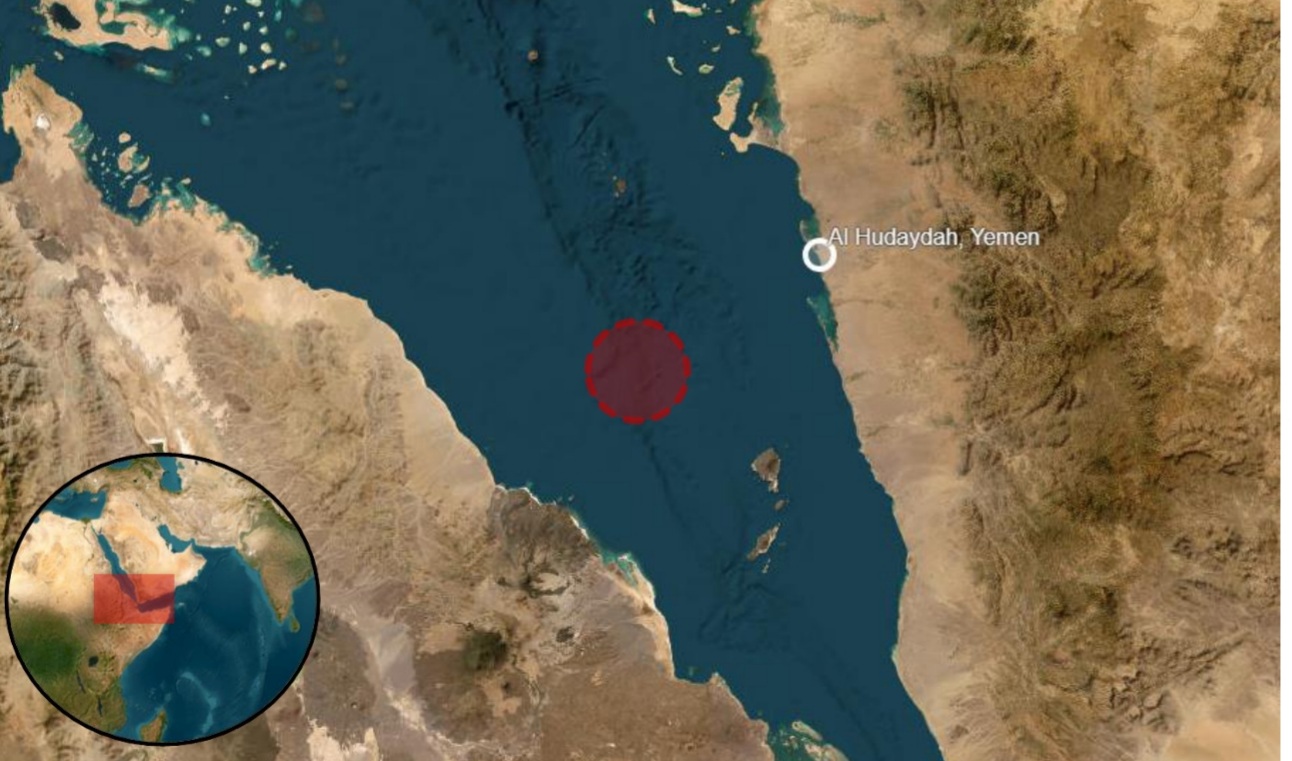
Barran Press
The Chamber of Commerce and Industry in Sana'a, the capital under the Houthi group has categorically rejected a recent decision by the group to prohibit the import of several goods and dramatically increase customs duties. While the Houthis claim these measures aim to bolster local industries, merchants contend they will have devastating economic consequences.
In a statement reviewed by "Baran Press," the Chamber of Commerce asserted that the Houthi decision, despite its stated aim of encouraging local industries, is a "step that will increase harm to residents already suffering from high prices, paralyze commercial activity, and lead to capital flight."
The Chamber's statement denounced the Houthi policies, arguing they would cause the market to "lose the principle of competition and efficiency in production, and open the door to monopoly and manipulation." It underscored the "categorical rejection by merchants of the decision to ban or restrict import quotas." The Chamber of Commerce and Industry further reiterated its opposition to what it termed "arbitrary policies" that it claims are "strangling the economy" and "standing against both citizens and merchants alike," affirming its commitment to rights guaranteed by religious law and the constitution.
Regarding the import ban and doubled customs duties on goods with local equivalents, the Chamber's statement clarified that "most locally manufactured goods rely on imported raw materials." It argued that true localization of products should be achieved by "improving the quality of these products and leaving purchasing decisions to the consumer, not by preventing competition and forcefully imposing a product."
Earlier, the Chamber convened a meeting with its leadership and the broader business sector to discuss the controversial decision issued by the Houthi government's (unrecognized) Ministries of Finance, Economy, Industry, and Investment. During this meeting, merchants affirmed their refusal to comply with the new customs mechanism at border checkpoints. Sana'a merchants collectively rejected what they termed "ill-conceived decisions and increased customs tariffs," warning these actions would "cause the emigration of national capital, further reduce purchasing power, paralyze commercial activity, and lead to insane price increases."
Houthi Import Restrictions Detailed
The Iran-backed Houthi group had previously issued a decision to ban the import of goods with local equivalents that fully cover market needs at optimal quality and competitive prices, with this particular ban effective August 1.
The Houthi decision specifically prohibits the import of: ready-to-drink liquid milk, non-natural juices, bottled mineral water, paper tissues, ready-made sponges, iron pillars and galvanized iron, hollow iron pipes and tubes, flat products of hanger iron, and jambiyas (daggers) and their accompanying belts.
Additionally, the decision includes restricting import quantities and adjusting customs tariffs and tax collection as a lump sum on certain imported goods that do not have local equivalents covering a significant portion of market needs, effective July 1. This includes restrictions and amended tariffs for: raw mango pulp, tomato paste and sauce, ready-made canned juices, carbonated beverages, refined sugar, baby diapers, and ready-made canned legumes.
The ban also extends to: ready-made cartons, plastic pipes for water networks, women's bags and purses, packaging bags, plastic bottles and caps, ceramic tiles, and imported bread, burgers, croissants, and all ready-made baked goods and pastries.





